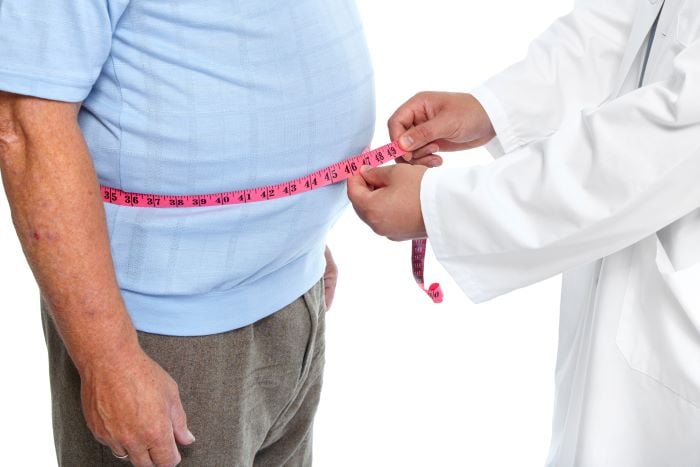A fitness program called Deaf Weight Wise, designed specifically for the Deaf community by researchers at the University of Rochester Medical Center, has proven successful in helping individuals with hearing loss achieve their weight loss objectives.
Deaf-to-Deaf approach fosters health awareness
The author, Lori DeWindt, emphasized the effectiveness of a Deaf-to-Deaf approach in promoting health awareness and improving participants’ overall well-being. The longtime Deaf Weight Wise member highlighted the significance of this approach by stating that it ensures that linguistically and culturally appropriate information is readily accessible. As a result, it fosters a sense of community and encourages individuals to take proactive steps towards better health.
Participants in a weight loss program developed by the National Center for Deaf Health Research (NCDHR) in collaboration with the local Deaf community experienced significant results within six months. On average, participants lost 12.5 pounds, and 62% of them achieved a clinically significant weight loss of at least five per cent of their starting weight. In contrast, deaf participants in the control group lost only five pounds on average, with only 18 per cent reaching the clinically meaningful weight loss threshold.
In the past, public health research and programs have been inaccessible to the Deaf community. However, the NCDHR, led by Kelly Matthews, a Deaf health project coordinator and study author, aims to bridge this gap.
Program to help deaf people lose weight sustainably
In the clinical trial, 104 Deaf sign language users in the Rochester metropolitan area with a body mass index (BMI) of 25 to 45 participated. The trial aimed to help overweight and obese individuals lose weight sustainably. Forty-eight participants joined the Deaf Weight Wise program immediately, while the remaining 56 joined a control group and participated a year later.
Participants in the program logged their food and fitness activities for the first 16 weeks, earning “Wise Bucks” as rewards. After the session, participants had in-person meetings with their counsellors at three and six months to monitor their weight, review their diet and exercise habits, address concerns, set goals, and create action plans for maintaining progress.


